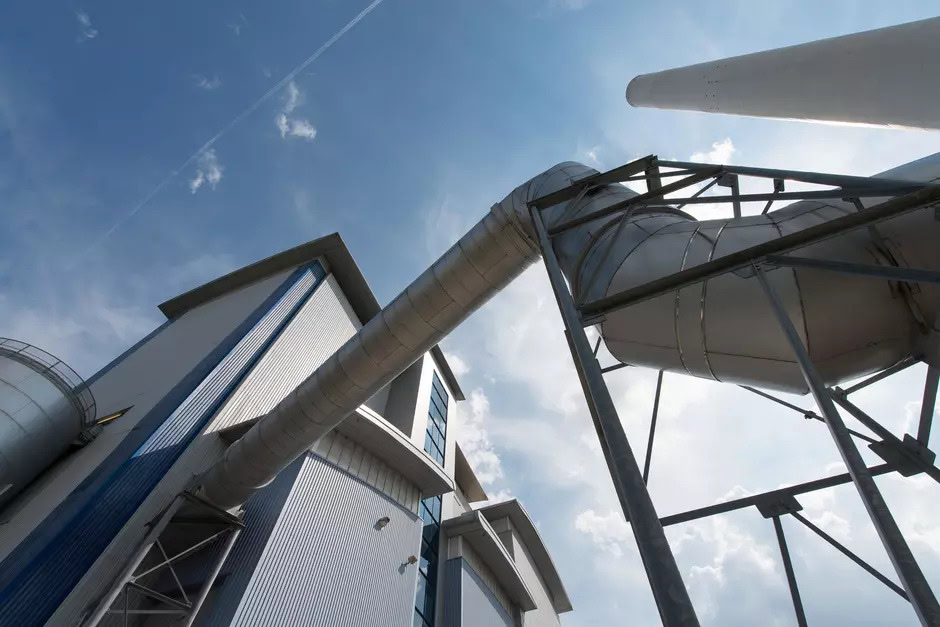The planned inclusion of EfW in the ETS is set to drive up local authority waste management costs, but new analysis suggested that proactive investment in recycling and waste reduction could offset much of the impact.
A report commissioned by Suez and authored by Ceres Waste, Renewables and Environment warned that gate fees for EfW could rise by around 50%.
With councils supplying around 75% of EfW feedstock, the financial hit could run to hundreds of millions of pounds annually.
However, the study concluded that “significant cost increases are not inevitable” if authorities act now to capture more fossil-carbon-intensive materials such as while also improving waste prevention and reuse.
‘There is cause for optimism’
The report emphasised that even councils with strong recycling performance are not immune from ETS costs.
Authorities already topping the league tables still have scope to act, particularly by targeting less commonly collected but carbon-intensive streams such as waste electricals, plastics and disposable nappies.
John Scanlon, Chief Executive Officer of Suez, said: “There is cause for optimism, for many it’s not a case of radical service change.
“Instead, it’s an opportunity to extend and improve existing services that are well-liked by their residents.”
The study also stressed the importance of ensuring that Extended Producer Responsibility (EPR) funding leads to real-terms increases in local authority budgets, giving councils the resources they need to invest in new services and avoid escalating costs.
UK Emissions Trading Scheme
The UK ETS is designed to reduce carbon emissions in line with net zero by 2050.
EfW facilities will be brought within scope in a voluntary monitoring period in 2026, and fully included from 2028, with operators required to purchase allowances for each tonne of fossil carbon emitted.
Scanlon added: “Policy makers have more work to do to ensure bringing energy-from-waste into the Emissions Trading Scheme achieves the overall goal of reducing the carbon impact of managing waste.
“Protections must be put in place before the scheme is implemented in 2028 to prevent waste being diverted to potentially cheaper but equally carbon intensive disposal routes that fall outside of the scheme, such as landfill or waste tourism to European energy recovery facilities.”
The study called for practical protections within the scheme, including applying a zero rate for wastes that must go to EfW to protect the environment, such as soft furnishings containing persistent organic pollutants (POPs).
Payments are expected to start in 2028, with the Department for Energy Security and Net Zero projecting carbon allowance prices to rise from £98/t in 2028 to over £130/t by 2038.
If no action is taken to decarbonise waste streams, councils could face a combined ETS bill of around £660 million a year.
A report released by the Local Government Association (LGA) in April 2025 suggested that councils could be taxed up to £747 million in 2028, rising to £1.1 billion in 2036 – with a total cost over this period as high as £6.5 billion.









Subscribe for free